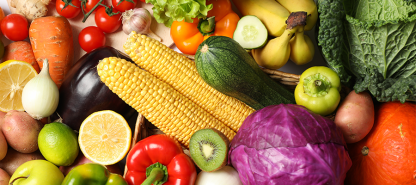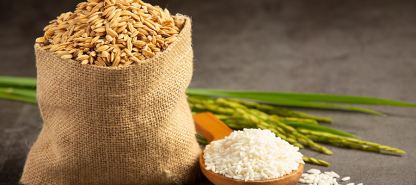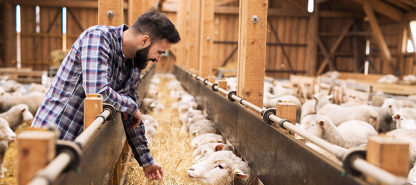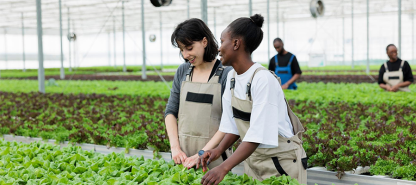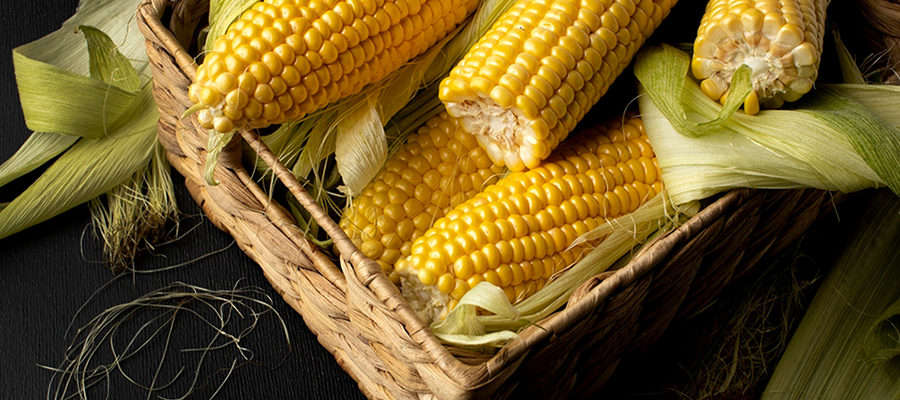
- 01 Oct 2024
Sustainable Corn Farming: Growing Towards a Greener Future
Exploring Sustainable Corn Farming
Corn is one of the most widely cultivated crops in the world, serving as a staple in food, animal feed, and biofuel production. However, traditional corn farming practices often rely on heavy chemical inputs and monocultures that can degrade soil health and harm the environment. Sustainable corn farming seeks to reverse these effects by adopting eco-friendly practices such as crop rotation, reduced chemical usage, and precision agriculture. These methods help improve soil fertility, reduce water and pesticide use, and promote biodiversity. Farmers embracing sustainable corn farming are not only protecting the environment but also ensuring that their fields remain productive for generations to come.
The Benefits of Sustainable Corn Farming
By adopting sustainable corn farming practices, farmers can significantly reduce their environmental impact while maintaining high yields. Crop rotation helps break the cycle of pests and diseases, reducing the need for harmful pesticides. Precision agriculture allows for more efficient use of water and fertilizers, targeting only the areas that need it most. These techniques contribute to healthier soils and ecosystems, making farming more resilient to climate change and economic pressures. Additionally, sustainable corn farming can improve profitability by reducing input costs and increasing long-term crop productivity.
- Reduced Chemical Inputs
- Enhanced Soil Fertility
- Improved Water Efficiency
- Increased Biodiversity
- Higher Resilience to Climate Change
- Long-Term Profitability
Investing in Sustainable Corn Farming Projects
Investing in sustainable corn farming projects presents a unique opportunity for individuals looking to align their financial goals with environmental responsibility. As the global demand for corn continues to rise, these projects offer stable returns while promoting sustainable practices that benefit both the planet and the economy. Investors who support sustainable corn farming contribute to reducing the agricultural sector’s carbon footprint, promoting healthier ecosystems, and enhancing food security. With growing interest in eco-friendly agriculture, sustainable corn farming is paving the way for a more responsible and profitable future.

